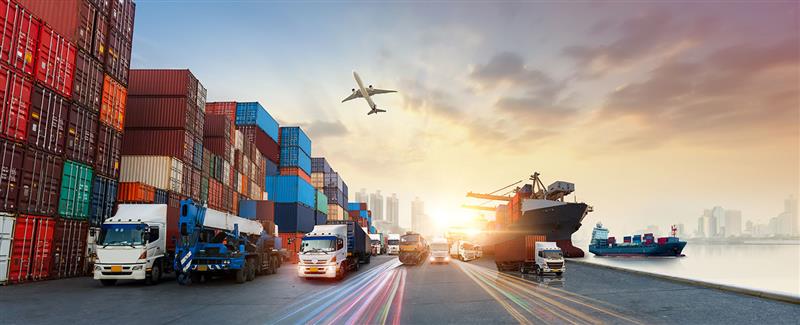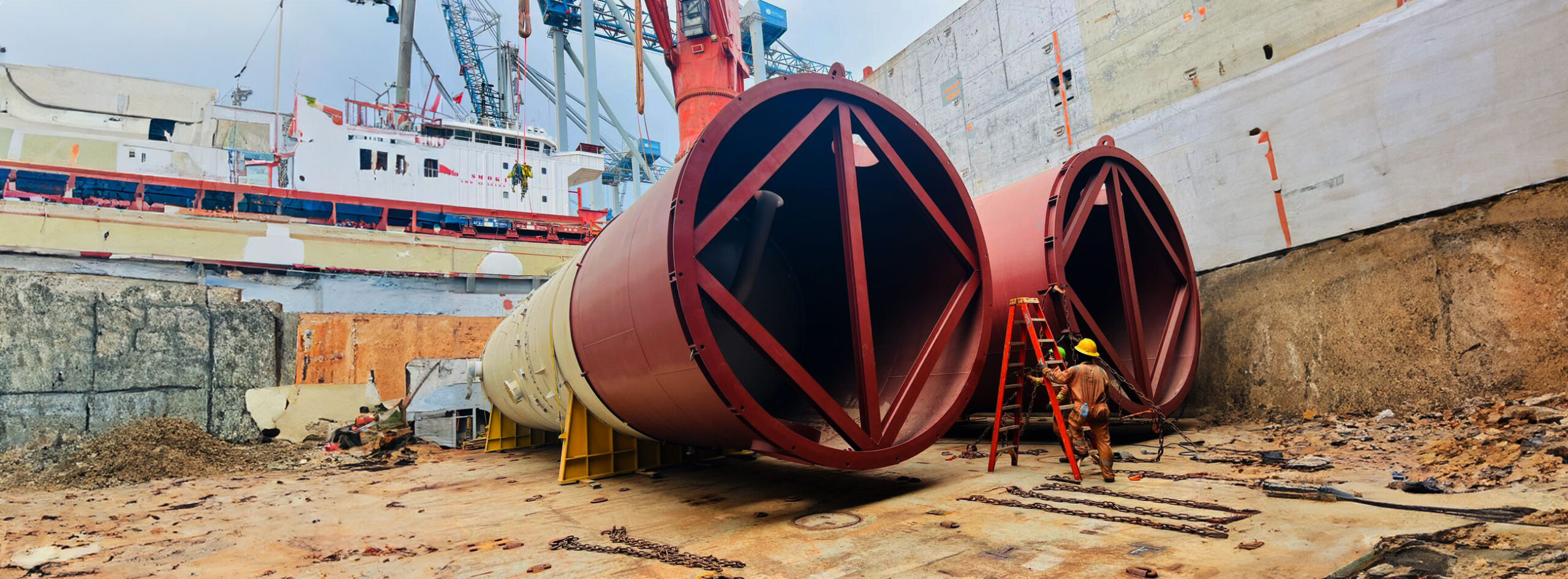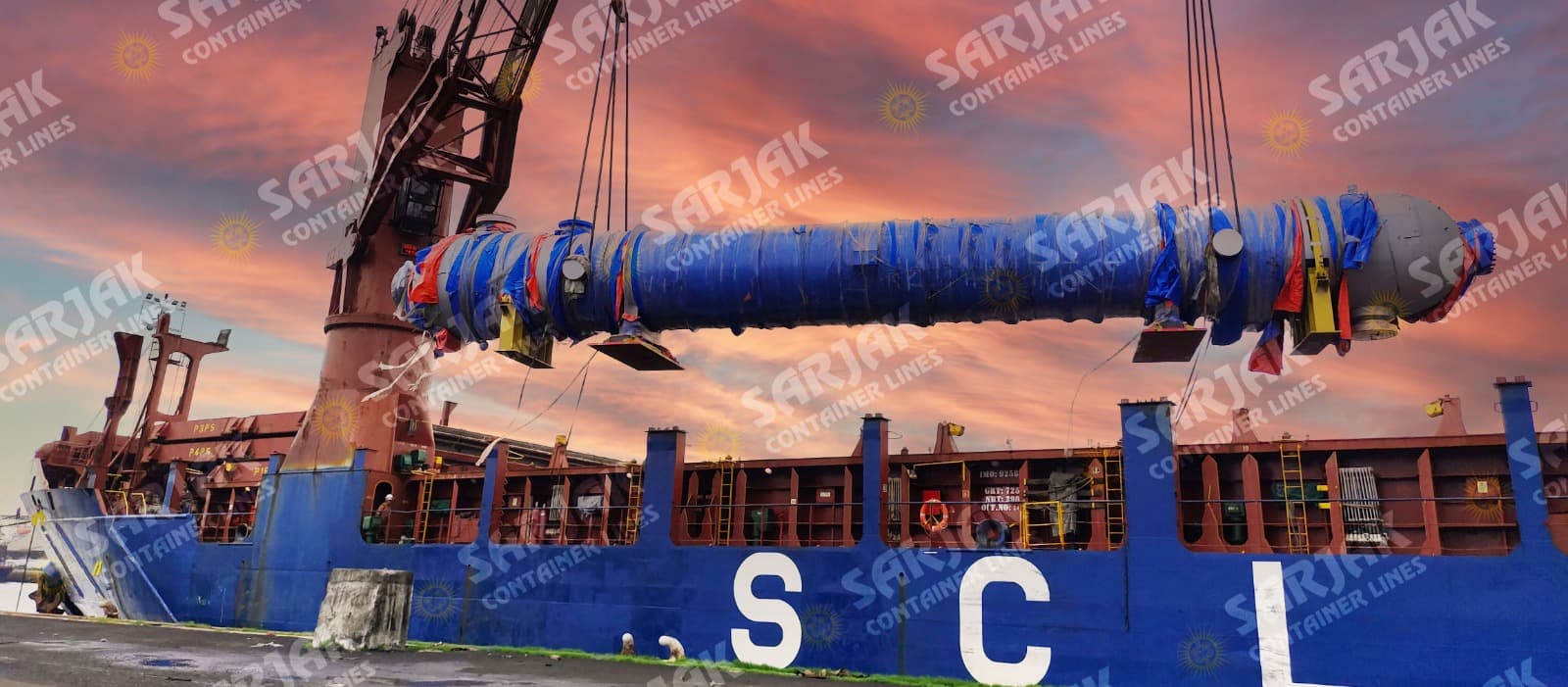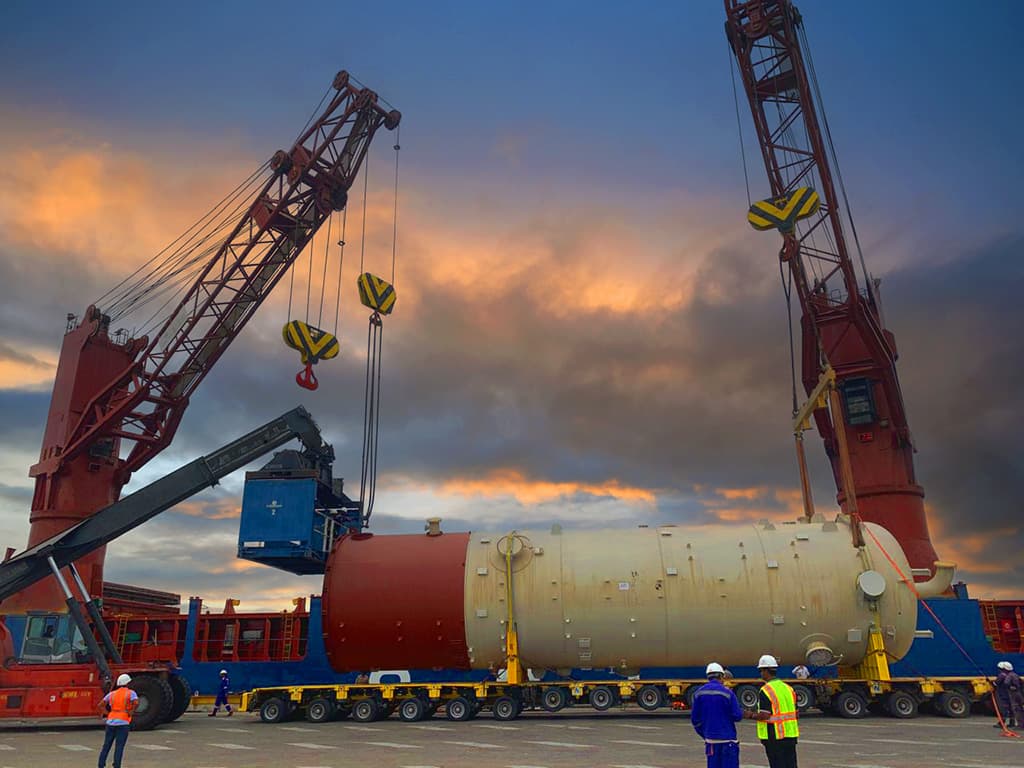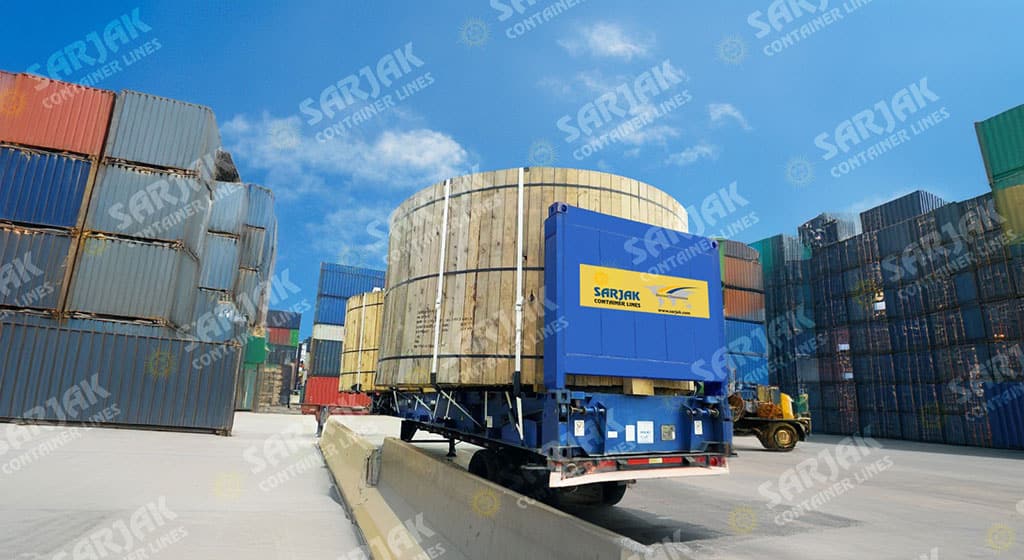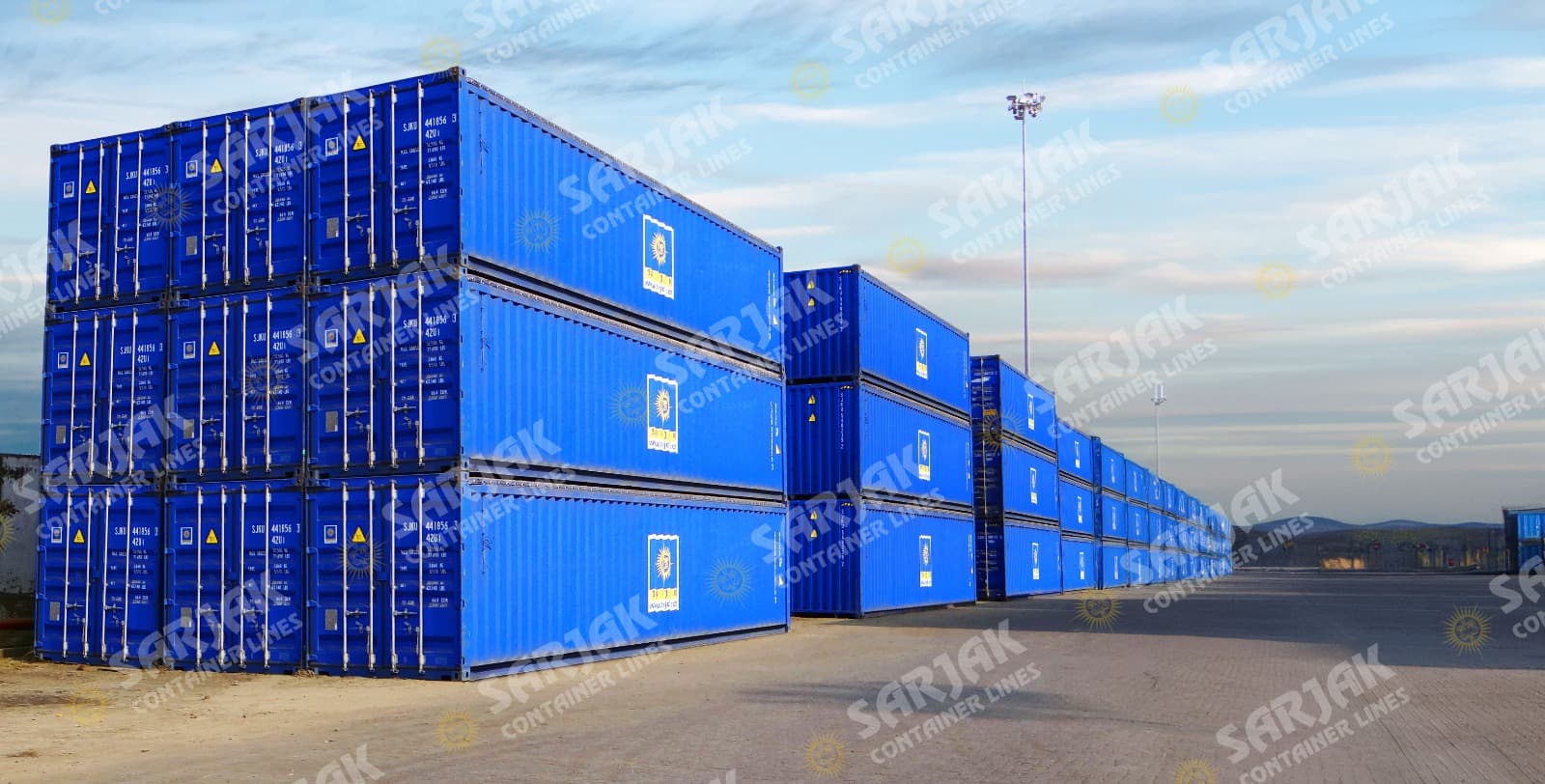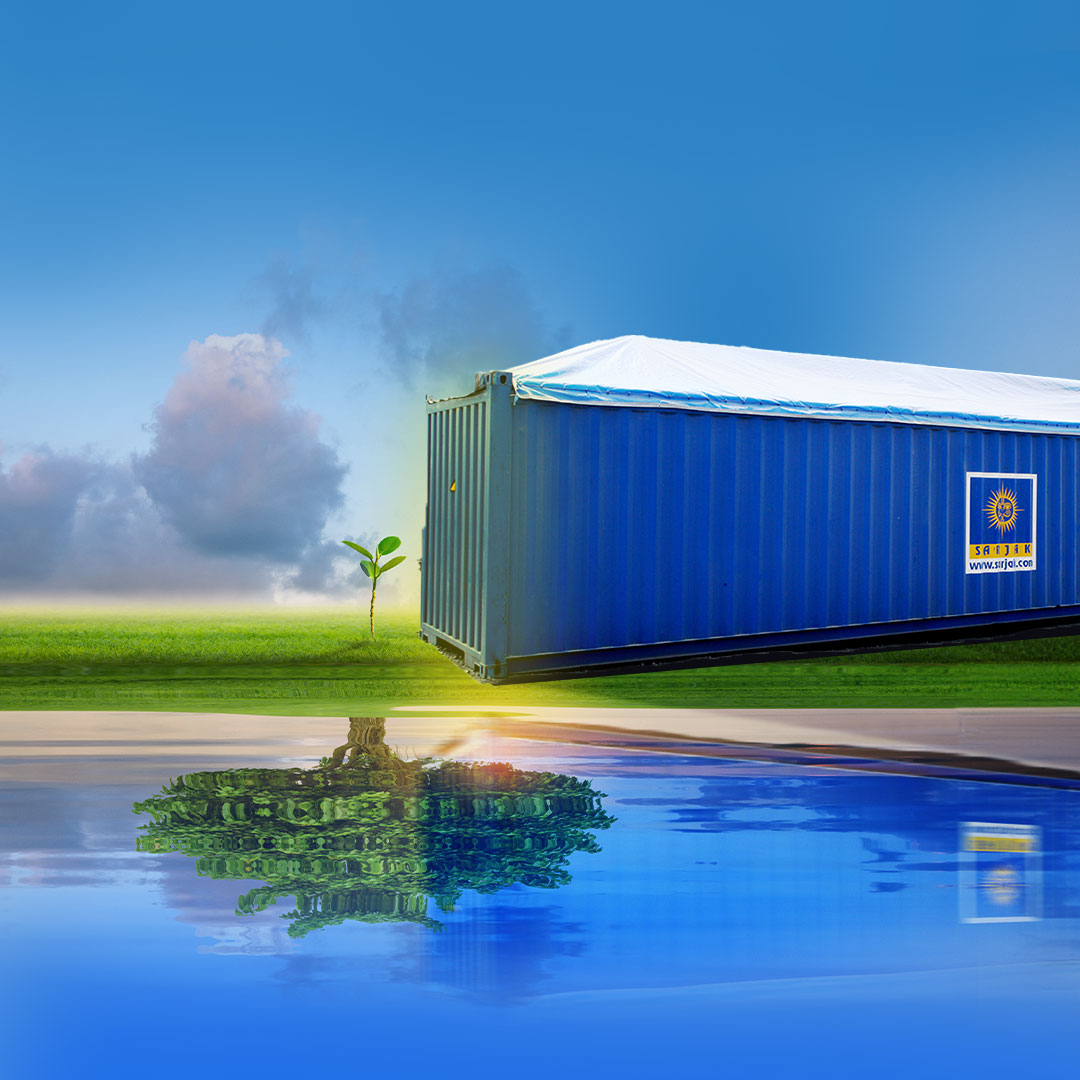As global awareness of environmental issues grows, the logistics industry, particularly in project logistics, is increasingly focused on sustainability. Moving large, complex, and often heavy project cargo across nations presents unique environmental challenges. However, through sustainable shipping practices, green logistics strategies, and the adoption of innovative technologies, the industry is making strides toward minimising its environmental impact.
Sustainable Shipping Practices
Sustainable shipping is at the forefront of reducing the environmental footprint of project logistics. This involves using energy-efficient vessels, optimising routes, and adopting cleaner fuel options. By carefully planning vessel schedules and reducing idle times, shipping companies can lower fuel consumption and emissions. The choice of vessel and shipping method also plays a critical role in minimising environmental impact. For instance, using vessels that are designed for efficient fuel use or equipped with scrubbers to reduce sulphur emissions contributes to the same.
Green Logistics and Cargo Handling Techniques
Green logistics goes beyond just the transportation aspect—it encompasses the entire supply chain, from packaging to cargo handling techniques. In project logistics, where cargo is often oversized or irregularly shaped, handling techniques must be carefully chosen to avoid unnecessary waste and energy consumption. This includes using eco-friendly materials for packaging and securing cargo, as well as implementing practices that reduce energy use during loading and unloading. Additionally, companies are exploring ways to reuse and recycle materials used in the transportation process, further contributing to environmental sustainability.
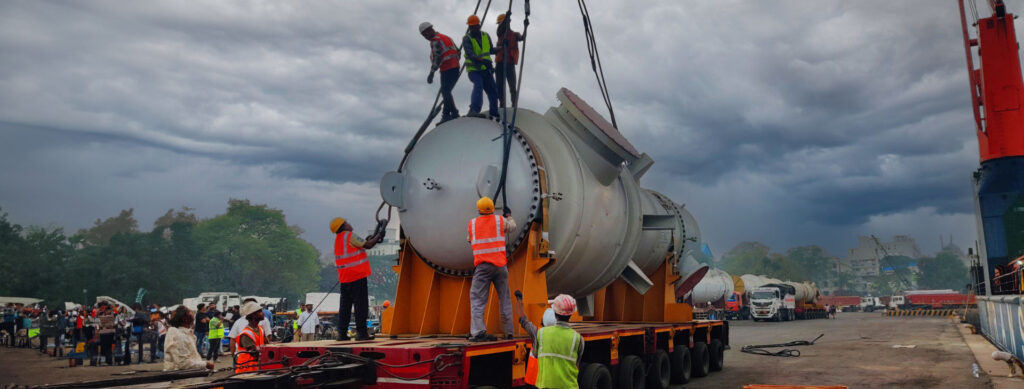
Leveraging Digital Freight Platforms and Blockchain
The rise of digital freight platforms and blockchain technology is revolutionising project logistics, offering new ways to enhance sustainability. Digital freight platforms enable better planning and real-time tracking of shipments, allowing for more efficient use of resources and reducing the need for last-minute changes that can lead to increased emissions. Blockchain in logistics provides transparency and accountability, ensuring that all parties involved in the supply chain adhere to environmental standards. This technology also helps in reducing paperwork, streamlining processes, and minimising the environmental impact of administrative tasks.
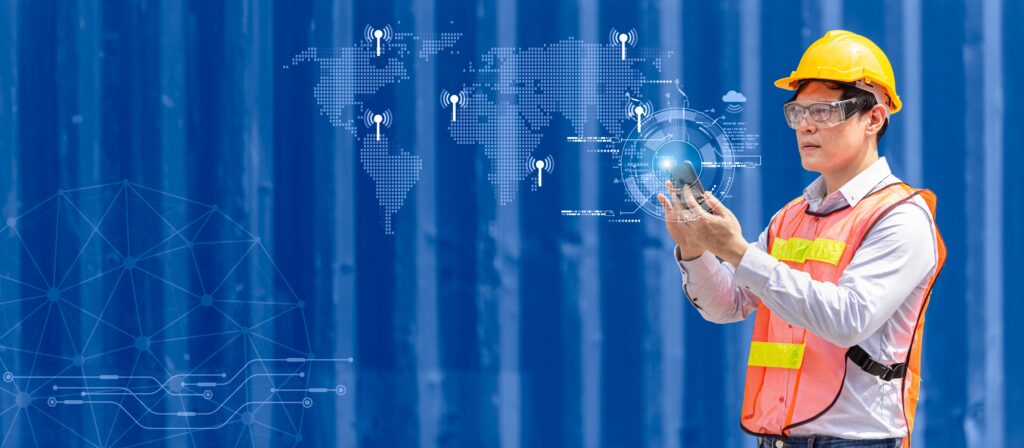
Cold Chain Logistics and Environmental Impact
Cold chain logistics, essential for transporting temperature-sensitive goods, is another area where environmental considerations are critical. Maintaining the required temperature throughout the supply chain can be energy-intensive, but innovations in refrigeration technology and more efficient insulation materials are helping to reduce the carbon footprint. Companies are also investing in renewable energy sources to power refrigeration units, further enhancing the sustainability of their operations.
Customer Support and Logistics Feedback
Customer support and logistics feedback play a vital role in driving sustainable practices in project logistics. By actively seeking feedback from customers and addressing shipping complaints, companies can identify areas for improvement in their operations. This feedback loop is essential for continually refining green logistics strategies and ensuring that they meet the evolving expectations of customers who are increasingly concerned about environmental impact. Moreover, transparent communication about such good practices can strengthen customer relationships and build trust as well.
Therefore, environmental considerations are becoming increasingly important as the industry strives to reduce its environmental footprint. As these innovations continue to evolve, the project logistics sector will play a crucial role in advancing sustainability in the global trade market.
If you are looking for a project logistics expert, who has an experience in this industry for more than two decades, look no further! Contact us at projects@sarjak.com




